Bicarbonate of soda is one of my favourite cleaning products, but these are the 5 things you should never clean with it
It’s a fantastic tool for cleaning, but it could cause damage if used in these areas…

Amy Hunt
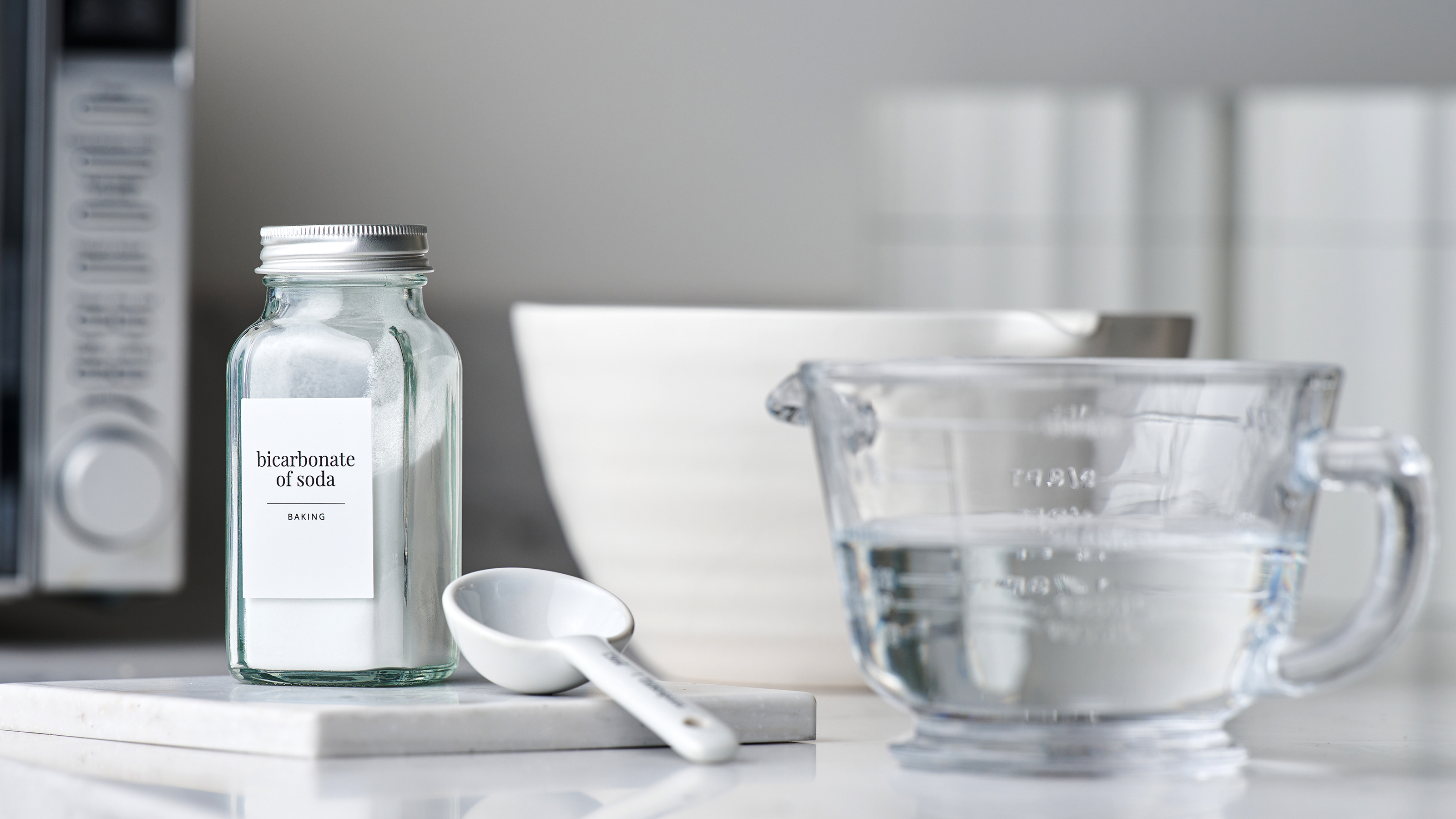
Sign up to our newsletter for style inspiration, real homes, project and garden advice and shopping know-how
You are now subscribed
Your newsletter sign-up was successful
Bicarbonate of soda, or baking soda, is the ultimate cleaning ingredient. It can be used for an assortment of jobs, from disinfecting sinks, scrubbing at kitchen work surfaces and cleaning mattresses, and it gets the job done with minimal fuss. But it’s important to know what not to clean with bicarbonate of soda, too.
After all, bicarb is one of the best cleaning products out there, and there are so many things you didn't know you could clean with bicarbonate of soda. However, this naturally abrasive, antibacterial, and deodorising alkaline is so impressive that it can be too much for certain areas of the home.
As Laura Harnett, founder of eco cleaning brand, Seep, explains, ‘Anything that’s got a shiny surface should be treated with caution around bicarbonate of soda and if you’re unsure, then use something else to clean it rather than risk long-term damage.’ So, these are the things you should never clean with bicarbonate of soda.
1. Aluminium surfaces
Firstly, the experts warn that baking soda should be kept away from most aluminium items, especially when it comes to prolonged use.
'You shouldn’t use bicarbonate of soda to clean any aluminium items or surfaces, such as tables, picture frames, and lamps,' warns cleaning pro Lucy Rhead at Gtech. 'This is because bicarbonate of soda can cause aluminium to oxidise, meaning its surface could change colour and even turn brown, if used repeatedly.'
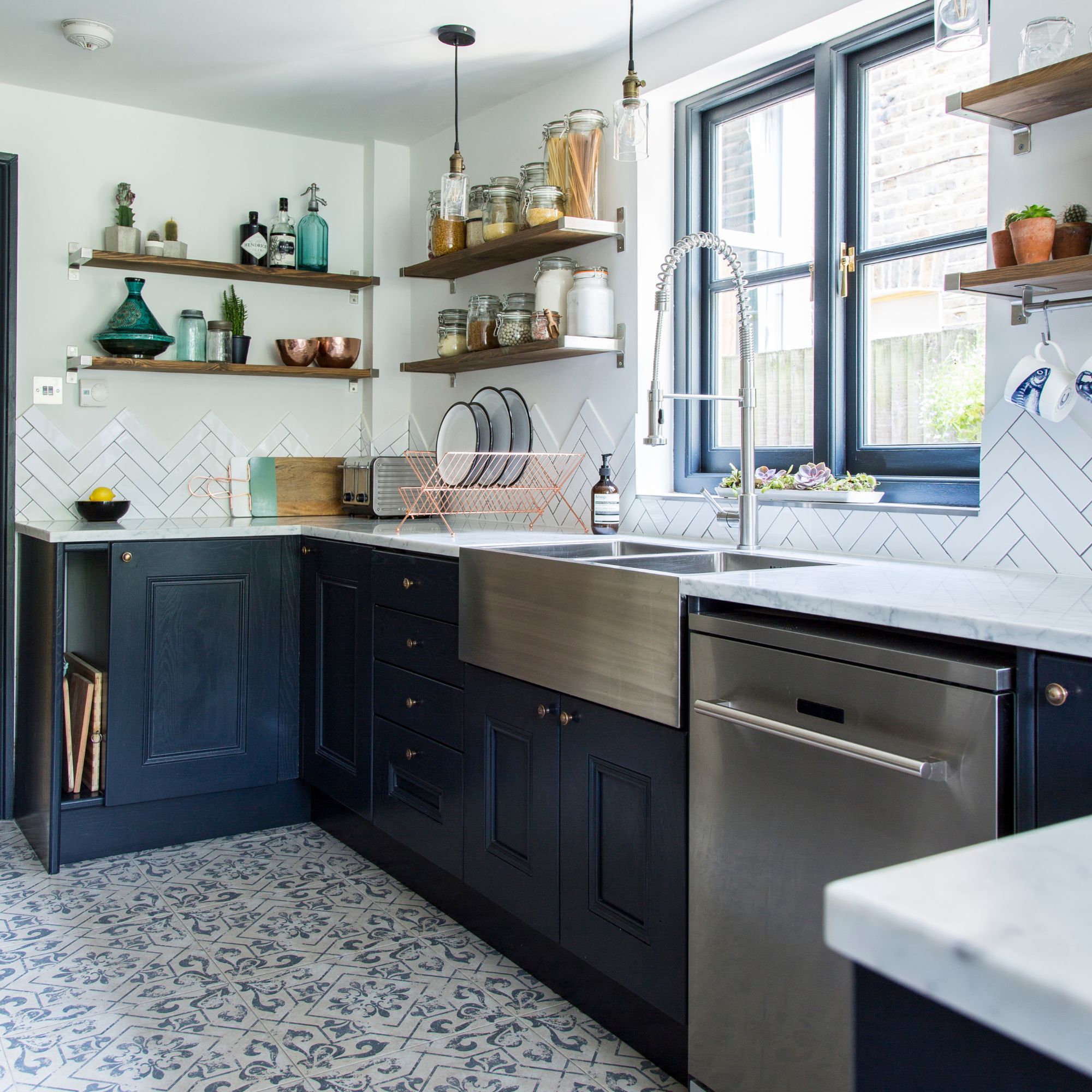
This is echoed by cleaning expert Stephen Tombs, founder of Quean Clean, who says, 'Overall, I would not recommend using baking soda on expensive surfaces that need to be cleaned with specialised cleaning products.’ But that doesn’t mean that you’re left without any options if you want to clean metal garden furniture or clean your cutlery.
In this case, it’s generally best to use a simple concoction of washing-up liquid and water or diluted white vinegar, like this Miniml Eco White Vinegar, £8.95 at Amazon. However, large chopping knives are some of the things you should never clean with white vinegar, so avoid doing that.
Sign up to our newsletter for style inspiration, real homes, project and garden advice and shopping know-how
2. Wooden furniture or floors
The fact that bicarb is abrasive is why it's excellent at cleaning household items like kettles, some kitchen surfaces, and cleaning stains from carpet. In fact, its abrasive quality is why using it is one of the best natural cleaning hacks out there.
However, it is also this attribute that makes it a bad option for cleaning wooden surfaces, such as floors and furniture - and even things like your wooden chopping board.
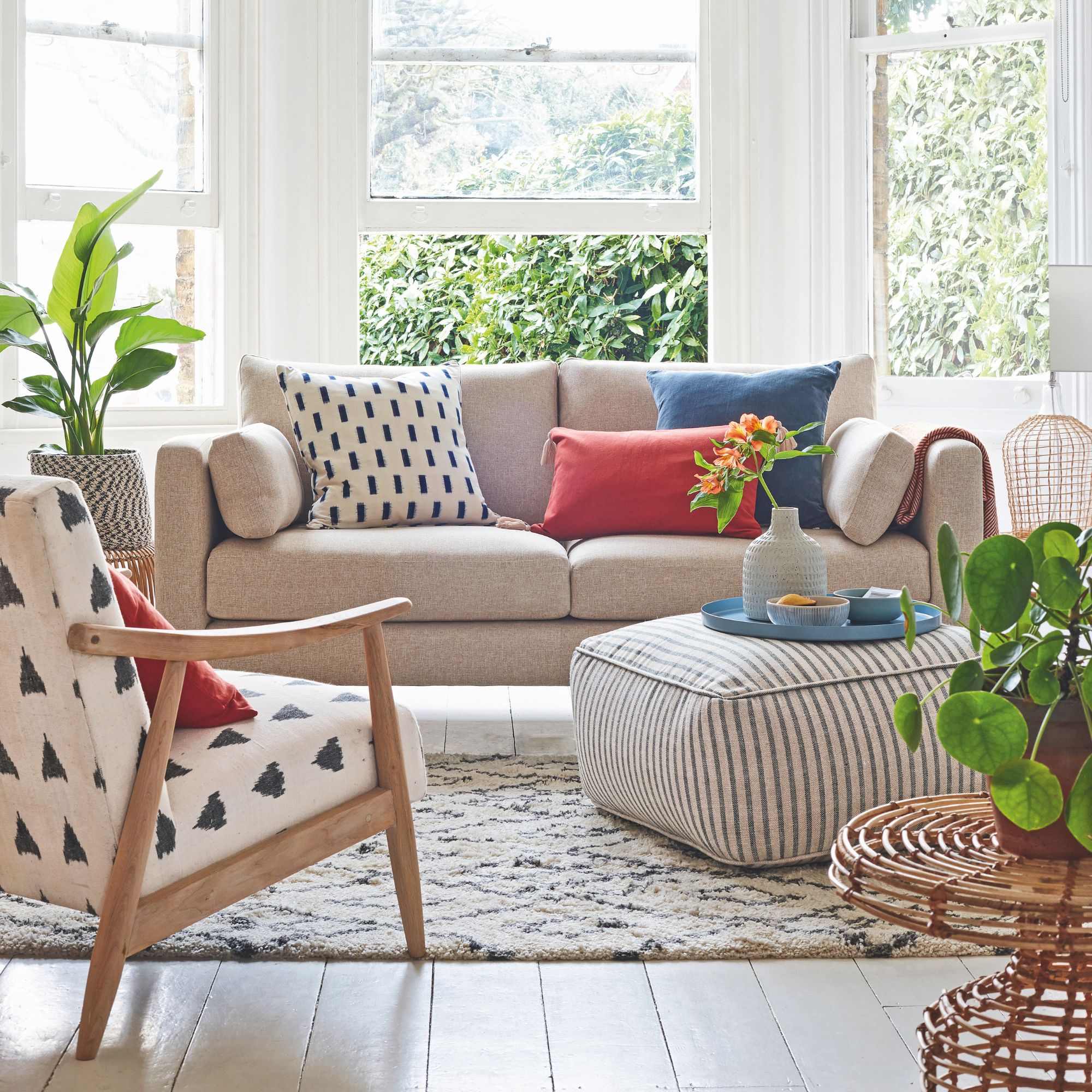
'Bicarbonate of soda’s abrasive properties can cause harm to wood, with the potential to damage its finish or sealants,' says Lucy from Gtech. 'Also, due to its acidity, bicarbonate of soda can react with the wood and cause discolouration.'
But that’s not all. Laura also adds, ‘These are all sealed as well to make them stain resistant and baking soda can damage the sealant, which will mean they’re more at risk of staining, causing more long-term damage.’ Because of this, it’s best to avoid using bicarb at all costs.
3. Marble surfaces
Though bicarbonate of soda can be effective at cleaning marble surfaces, such as marble worktops and kitchen islands, it’s largely not recommended, as it can have adverse effects in the long run.
Baking soda will likely be able to pull up any stains from marble surfaces, but repeated use of the ingredient can cause damage to its protective layer, eventually damaging the quality and resulting in scratches and grooves in the finish.
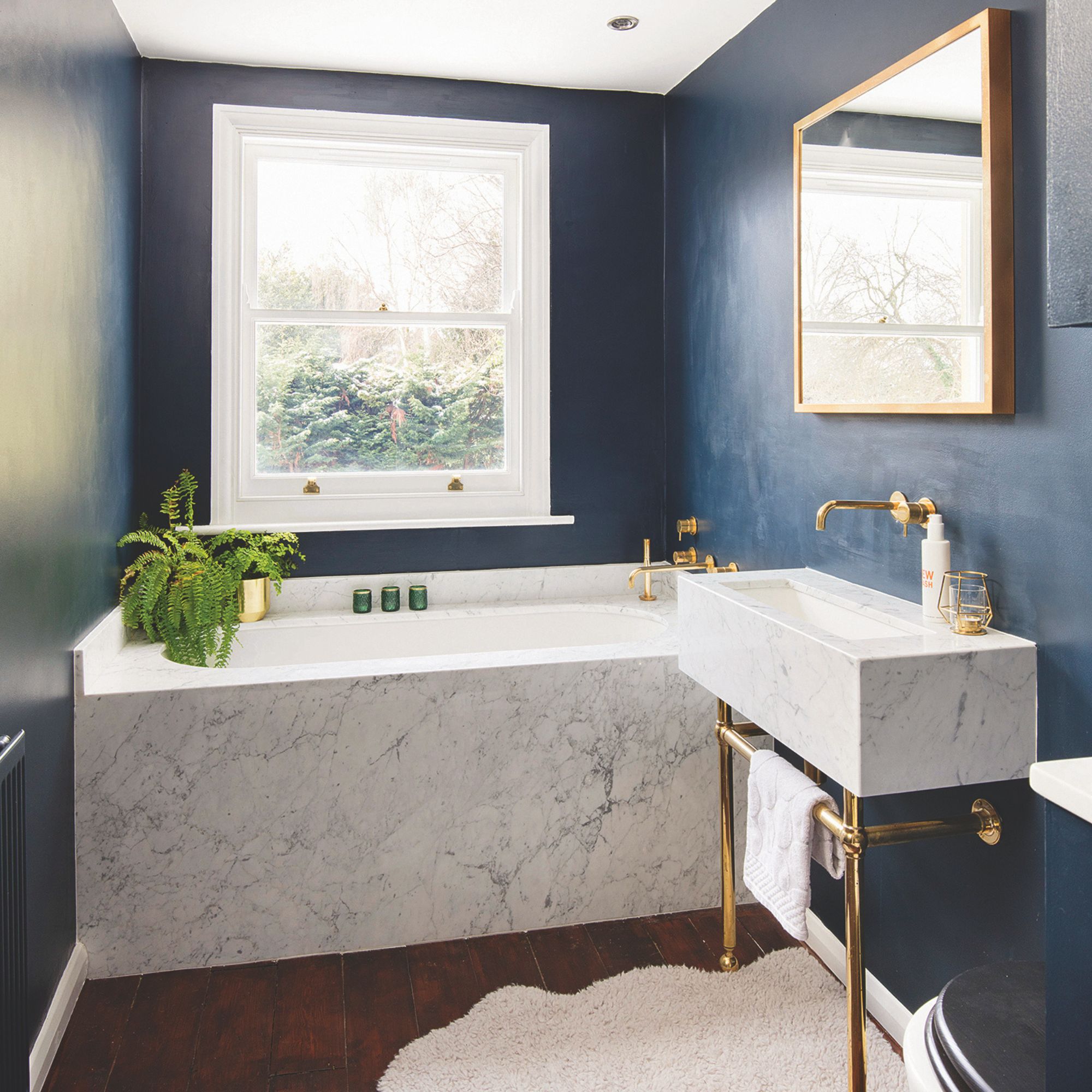
'It is advisable to avoid using bicarbonate of soda on delicate or polished surfaces like stainless steel, marble or granite countertops, as it can cause scratching or dulling,' recommends Stephen from Quean Clean.
'Baking soda will also not polish or protect your surfaces like other cleaning agents designed for the specific surface would, so use a specialised cleaner instead.'
4. Glass of all types
One area of your home that absolutely shouldn’t be cleaned with bicarbonate of soda is glass, be it delicate glassware or windows and doors. Doing so could result in some serious damage to these areas pretty quickly, the experts explain.
'As a natural abrasive, bicarbonate of soda could cause damage and scratches if used directly on glass,' warns Lucy from Getech. 'Instead, opt for dedicated glass cleaning sprays when cleaning mirrors, windows, or any other glass.' It's worth learning how to clean windows properly – without baking soda.
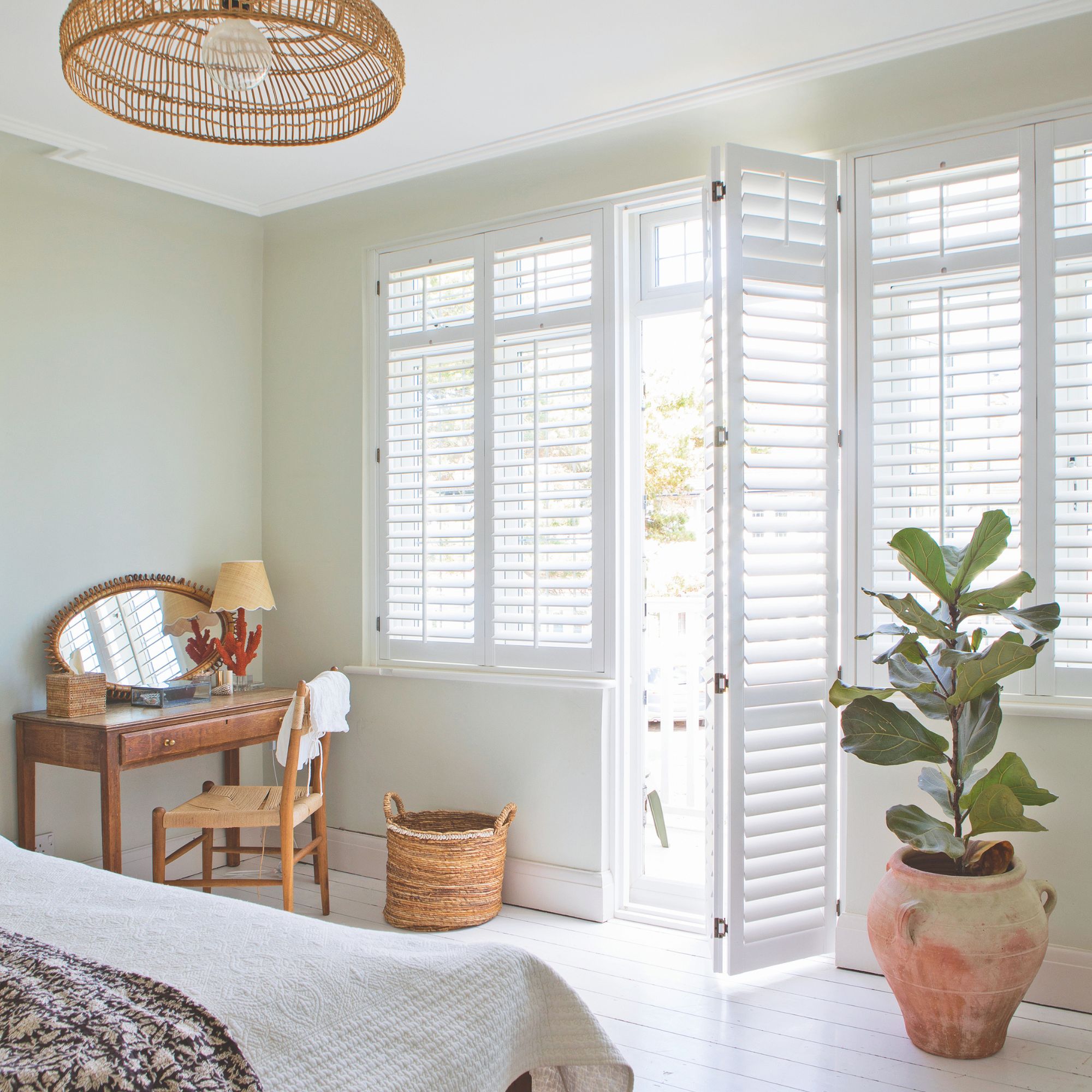
But if you don’t want to buy a specific glass cleaner, you’ll be happy to know that one of the best cleaning products out there is vinegar, and it’s extremely effective at cleaning all kinds of glass.
In fact, Laura says, ‘Instead use white vinegar and a soft cloth such as these Clean With Amore Sponge Cloths, £9.50 at Seep on glass surfaces.’ This will be gentler on the glass, but still leave you with the streak-free finish you’re after.
5. Induction hobs
While I’d love to say that all hobs are created (and cleaned) equally, that’s just not the case. And while you can often be a little more aggressive when cleaning a gas hob, you have to be extra careful when cleaning an induction hob - and that means not using bicarbonate of soda.
As Laura warns, ‘Induction hobs are made from ceramic glass so can also be damaged in the same way and need to be cleaned in a different way. If there is burned on food on the surface it is tempting to try the trusted baking soda, but this will scratch and damage the surface.’
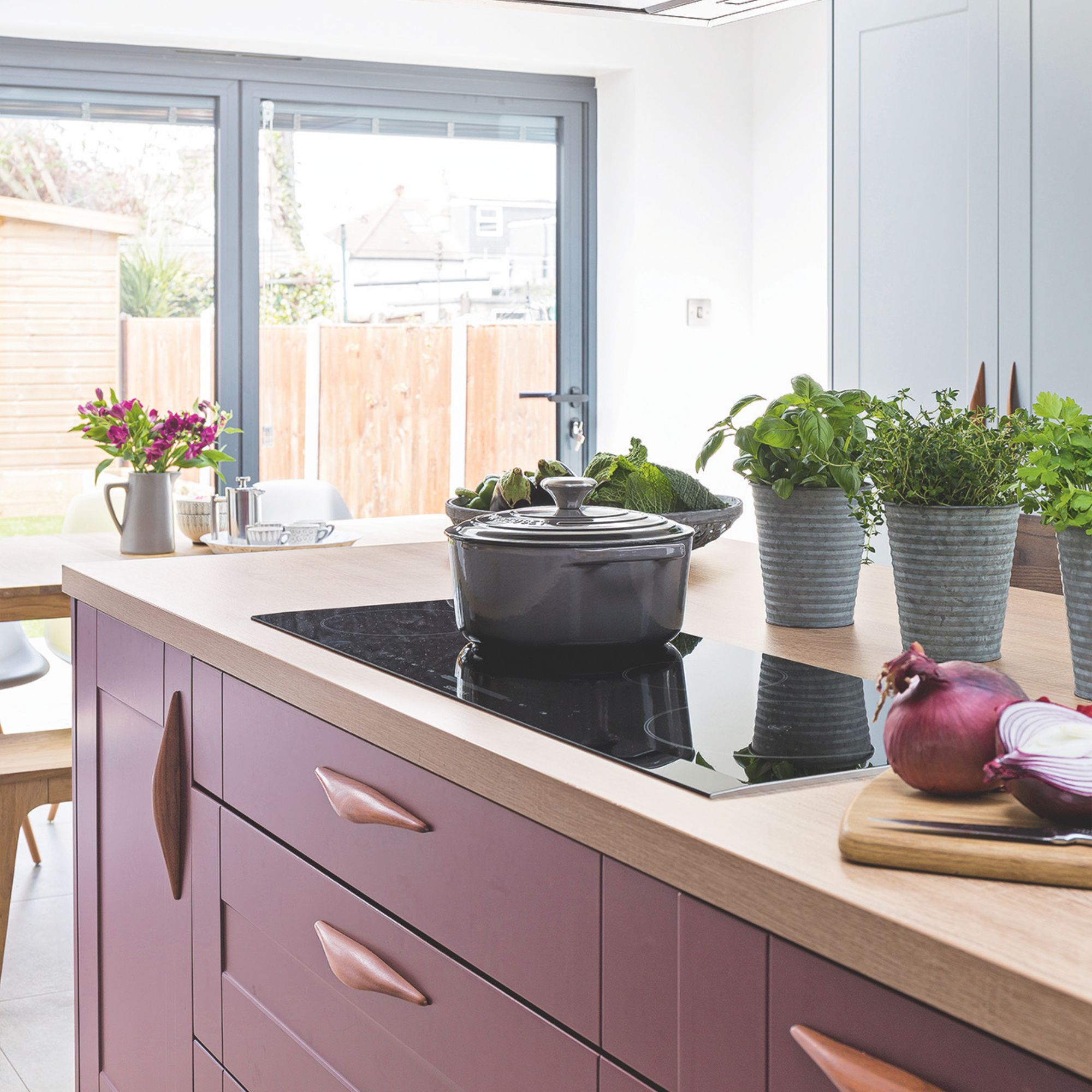
For the most part, you should be able to clean your induction hob with warm, soapy water to remove everyday grime and dried-on stains. And if it’s greasy, white vinegar should be able to cut through the grease and offer a sparkling clean.
Alternatively, our Managing Editor, Thea, swears by this Delphis Eco Ceramic and Induction Hob Non Scratch Cleaner, £8.03 from Amazon, to clean the induction hob in her kitchen. Just make sure you use a soft cloth instead of a harsh plastic scourer, as this could once again scratch the surface.
FAQs
What not to mix with bicarbonate of soda?
It’s extremely important to avoid mixing bicarbonate of soda with any chemicals, such as ammonia or bleach. This will result in a chemical reaction that could potentially be harmful, and there’s no need to mix them together.
Another substance you should avoid mixing with bicarbonate of soda is white vinegar, despite the fact that they can be extremely effective when used one after the other - especially when cleaning a washing machine. However, using them together neutralises this alkali and acid, which essentially renders them useless.
Can you clean oven door with baking soda?
Although you typically should avoid cleaning glass with baking soda, you can clean an oven door with baking soda if you’re careful. The best way to do this is to create a paste with the bicarbonate of soda and some water, and then rub it onto the oven door to remove grease and grime.
However, you should always proceed with caution when doing this, and test an inconspicuous area beforehand. If you’re worried about your oven door, you should water the baking soda down a lot more - or opt for an alternative method completely.
So, you should probably stop cleaning these things with bicarbonate of soda ASAP!

Lauren Bradbury has been the Content Editor for the House Manual section since January 2025 but worked with the team as a freelancer for a year and a half before that. She graduated with a Bachelor’s degree in English and Creative Writing from the University of Chichester in 2016. Then, she dipped her toe into the world of content writing, primarily focusing on home content. After years of agency work, she decided to take the plunge and become a full-time freelancer for online publications, including Real Homes and Ideal Home, before taking on this permanent role. Now, she spends her days searching for the best decluttering and cleaning hacks and creating handy how-to guides for homeowners and renters alike, as well as testing vacuums as part of her role as the Ideal Home Certified Expert in Training on Vacuums, having spent over 110 hours testing different vacuum models to date!
- Amy HuntContributor